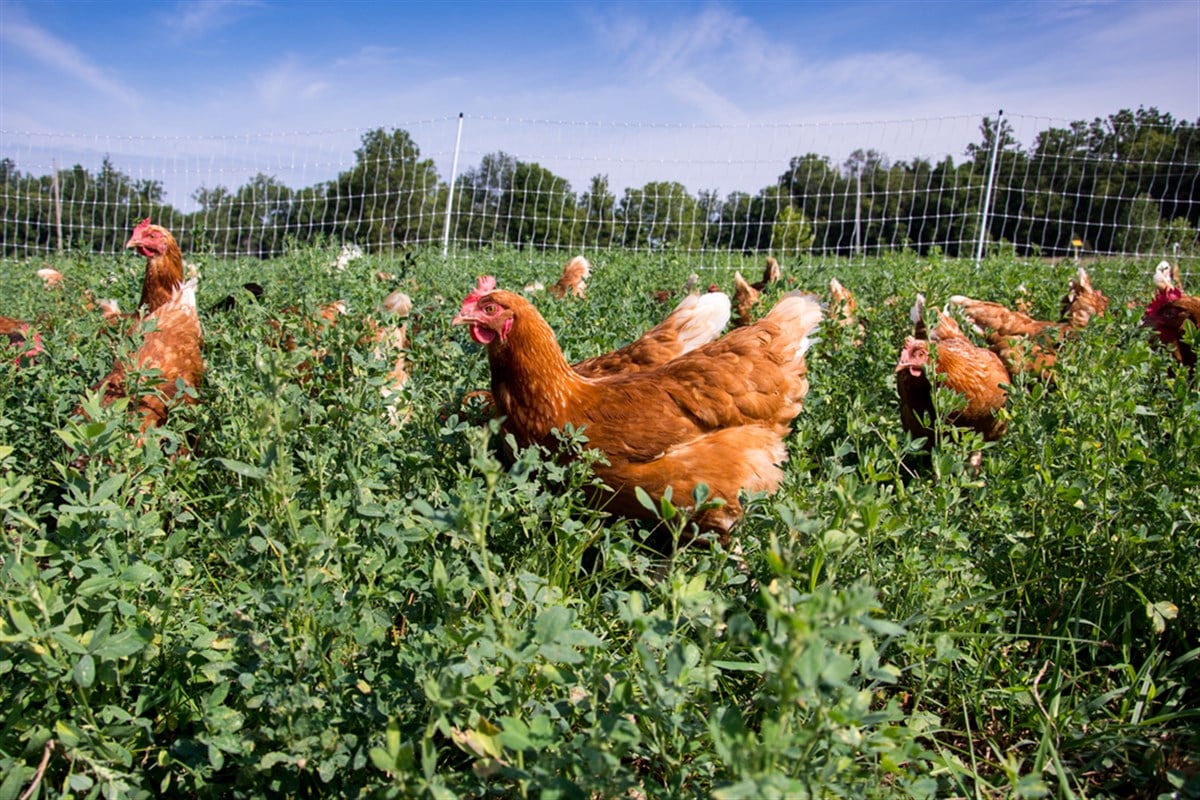
Vital Farms (NASDAQ: VITL) has been disrupting the consumer staples sector by bringing ethically sourced foods to your table since 2007. The company’s mission has captured the attention of investors interested in Vital Farm’s sustainability efforts and its ethically conscious business strategy. The company's consistent revenue growth and recent earnings beats have fueled a narrative of a high-potential growth stock. However, with economic uncertainty looming, investors and the Vital Farms analyst community wonder if the company can remain competitive or if it will crack under the pressure.
Cracking Open the Financials
Vital Farms' recent financial performance has been nothing short of impressive. In the fourth quarter of 2023, the company reported a 23.4% year-over-year increase in revenue, solidifying its fourth consecutive earnings beat. Looking at the full fiscal year 2023, the picture remains positive, with revenue growth of 30.3% compared to the prior year.
A combination of factors is driving this impressive top-line growth. Strategic price increases have helped Vital Farms offset rising input costs, such as feed grains, while volume expansion through new retail partnerships has broadened its customer base. The company has also shown progress in profitability.
Net income for the full fiscal year 2023 soared to $25.6 million, compared to just $1.2 million in the prior year. A similar trend is observed in adjusted EBITDA, a key metric used to assess a company's operating profitability. These financial indicators suggest Vital Farms is not just growing quickly, but also managing its costs effectively and translating revenue growth into rising profits.
A Deeper Look at Vital Farms' Financials
Assessing Vital Farms' growth trajectory in 2024 requires a comprehensive analysis that goes beyond the impressive 30.3% revenue growth rate. To gain a deeper understanding of Vital Farm’s financial performance, it is essential to contextualize this figure within the broader ethical food market. This approach provides a clearer perspective on Vital Farms' relative success and ability to capitalize on prevailing market trends.
A recent report by The Business Research Company estimates that the global ethical food market will reach USD 181.58 billion by 2028, reflecting a compound annual growth rate (CAGR) of 7.4%. This signifies a sustained and consistent growth trajectory for the ethical food sector, fueled by several key factors:
- Shifting consumer preferences: Consumers increasingly demand sustainable and ethically sourced food products, driven by concerns about environmental and social issues associated with conventional food production.
- Rising disposable incomes: In emerging markets, growing disposable incomes lead to a higher demand for premium food products, including those aligned with ethical values.
When compared to the ethical food market's CAGR of 7.4%, Vital Farms' 30.3% growth in 2023 demonstrates significant outperformance. This suggests that the company is effectively capturing market share and capitalizing on the growing demand for ethical food options.
Beyond Eggs: A Diversified Product Portfolio
While pasture-raised eggs remain Vital Farms' core product offering, the company has implemented a strategic product diversification initiative to cater to a broader range of consumer needs and expand its market reach. This approach goes beyond offering various egg options, such as hard-boiled eggs, liquid whole eggs, and cage-free brown eggs. Recognizing the growing consumer interest in ethically sourced food beyond breakfast, Vital Farms has ventured into new product categories by introducing ethically sourced butter.
Vital Farms' strategic product diversification initiative showcases a proactive approach to capturing a larger share of the ethical food market while mitigating risk and strengthening its brand image. This multi-faceted approach allows the company to meet the evolving needs of its customer base and position itself for sustainable growth in the ethical food sector.
Vital Farms, Navigating a Crowded Coop
Vital Farms is one of many players in the ethical food market. Established brands and emerging startups compete for consumer attention and grocery shelf space. Understanding the competitive landscape is crucial for investors. One key competitor might be "Beyond Eggs," a subsidiary of Beyond Meat (NASDAQ: BYND), which offers plant-based alternatives to traditional eggs and meat products. While Beyond Eggs doesn't directly compete on the ethical sourcing front, it does target consumers who prioritize avoiding animal products altogether. Another competitor could be an established egg producer such as Egglands Best, which has launched its own “cage-free" or "pasture-raised" egg product line. Cal-Maine is another competitor in the egg industry to keep an eye on. It's essential to compare the product offerings, pricing strategies, and brand reputation of Vital Farms to its key competitors to gauge its competitive positioning.
Management Outlook and Future Strategy
While Vital Farms' growth story is compelling, investors should approach their decisions with a balanced perspective. A recent development that has garnered some attention is the sale of company shares by Vital Farms' CEO and COO on multiple occasions in the recent past. Insider sales can trigger concerns about a lack of confidence in the company's future.
Another consideration for investors is Vital Farms' current analyst ratings. While some analysts have a "Buy" rating and optimistic price targets, there's also a degree of caution. For example, TD Cowen (NASDAQ: COWN) rates Vital Farms as a "Market Perform," signifying they believe it will grow in line with the broader market but are not anticipating outsized returns.
Vital Farms' management team has articulated an ambitious growth vision and has provided specific guidance for 2024. They project revenue growth exceeding 17% on an impressive base and a similar boost to profitability (as measured by adjusted EBITDA). The company's long-term goal is to break the $1 billion revenue mark. Achieving these targets will depend on its ability to continue building strong distribution partnerships with retailers, maintain brand awareness, and navigate rising input costs.
